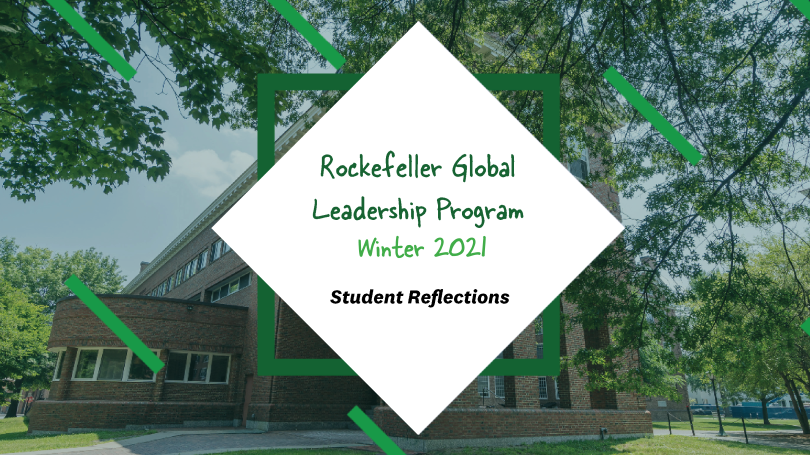
- Public Policy
- Leadership
- Funding
- News & Events
- About the Center
Back to Top Nav
Back to Top Nav
Back to Top Nav
Back to Top Nav
The most challenging issue to collaboration posed by globalism is false belief in cultural erosion. The United States dominant position in the world might lead individuals (such as myself) that American culture has permeated worldwide, and that culture differences do not possess the same importance they used to have. This can lead Americans abroad to act in culturally inappropriate ways, without consideration of how their actions could be viewed as offensive. Without devoting the necessary time and energy to learning the nuances of a new culture, Americans in that culture might come off as obtuse or even rude.
This could have a similarly damaging effect on people from other cultures. Because of the prevalence of American media, food, and other cultural exports, they may think that their knowledge of American culture is satisfactory for productive collaboration in an American cultural setting, when in fact they may have only a cursory understanding that has been filtered through their own cultural lens. Without investing time in learning about American culture, they face the same issues that an American abroad might face in the reverse situation.
While in high school, I studied Mandarin Chinese and we spent a large portion of our class time addressing cultural differences between the United States and China. While I have not yet had the opportunity to travel to China, our teacher grew up in Beijing, and discussed many of the misperceptions she held about Americans and American culture before coming to the US. Pizza Hut is very popular in China, and one of the most popular pizza toppings is seaweed. My Chinese teacher made the comical mistake of attempting to order a pizza with seaweed at a Pizza Hut in Portland, Oregon. While this story is very humorous, it demonstrates a deeper challenge that globalization poses to intercultural communication.
The rise of multinational corporations and global culture can mislead one into thinking that everything is the same everywhere, and that humanity has evolved beyond cultural miscommunication. But no matter how global the world becomes, everything we experience still gets filtered through our cultural lens. We should embrace the diversity of culture by committing ourselves to enthusiastically learning and living each new experience, instead of ignoring cultural differences in an attempt to appear post-cultural. The risk of accidentally appearing rude is far greater than the reward of seeming culture-less. In a world of increasing globalization, we must celebrate our differences in order to bridge the gap between them.
Written by Ethan Goldman, a member of the Winter 2021 Cohort of the Rockefeller Global Leadership Program.